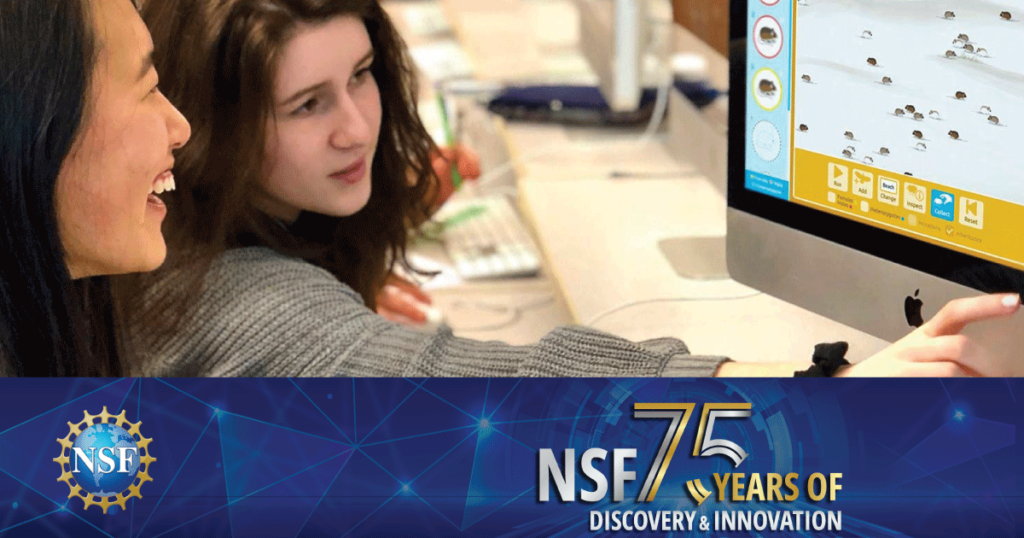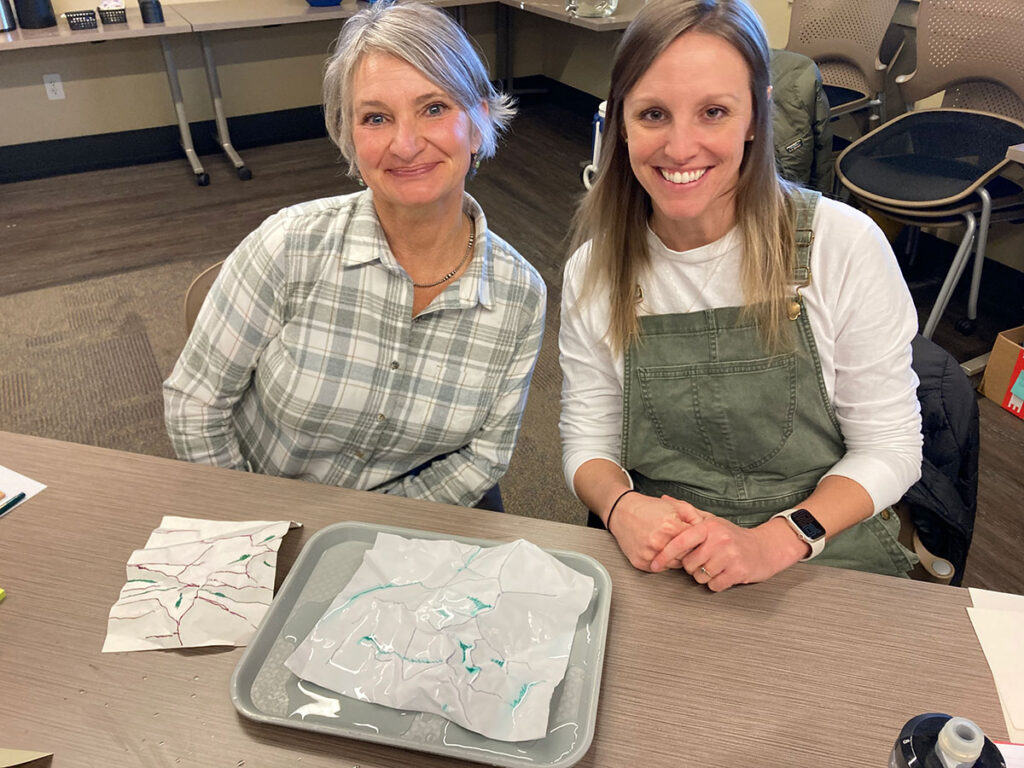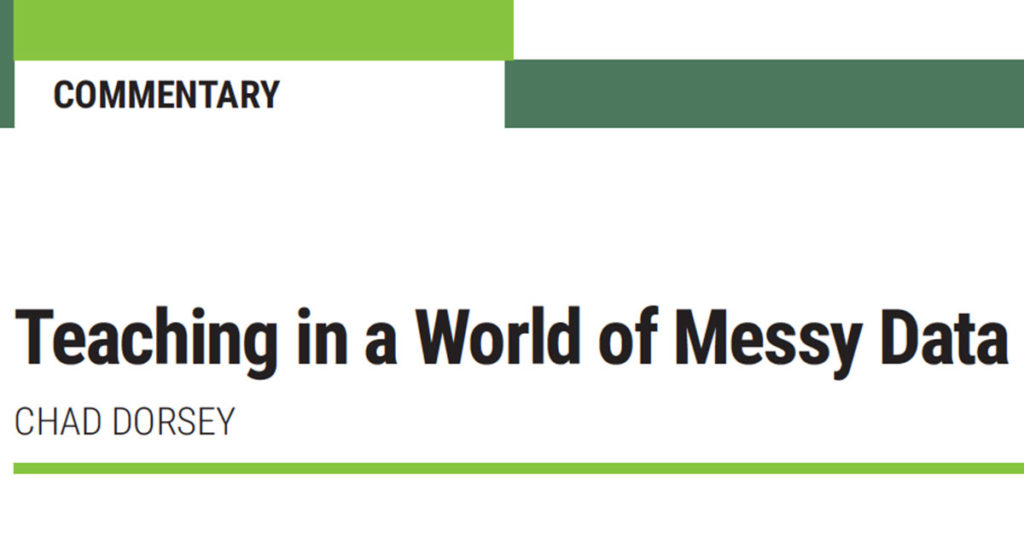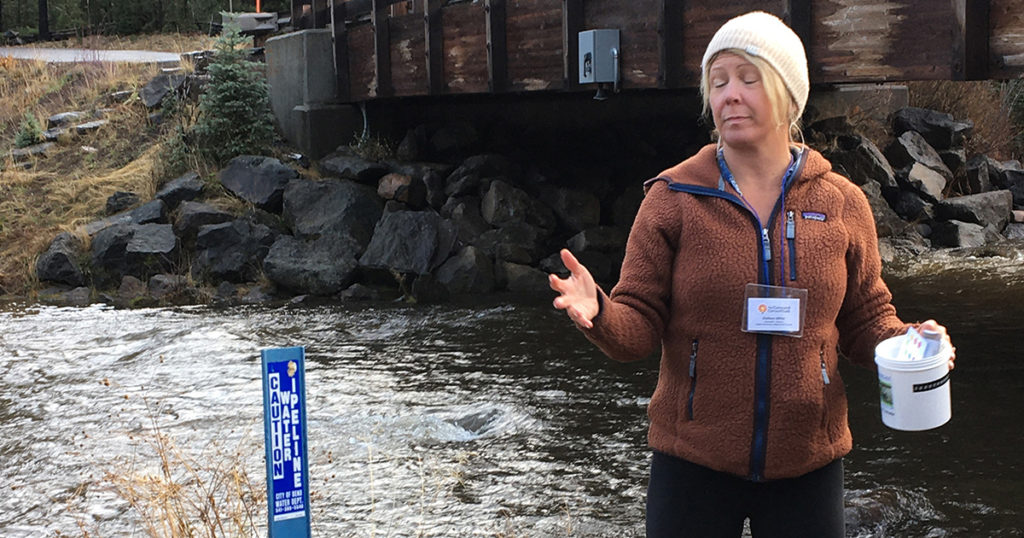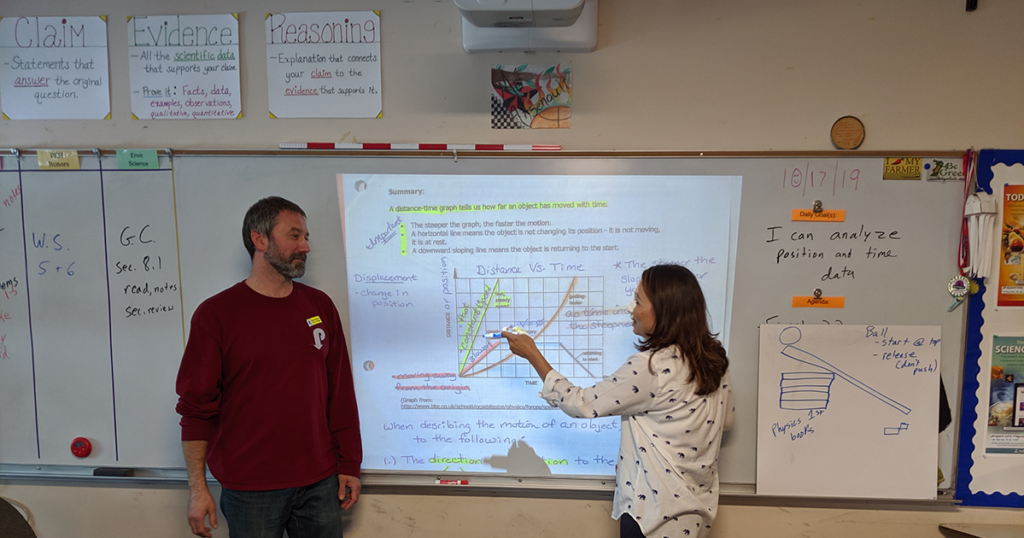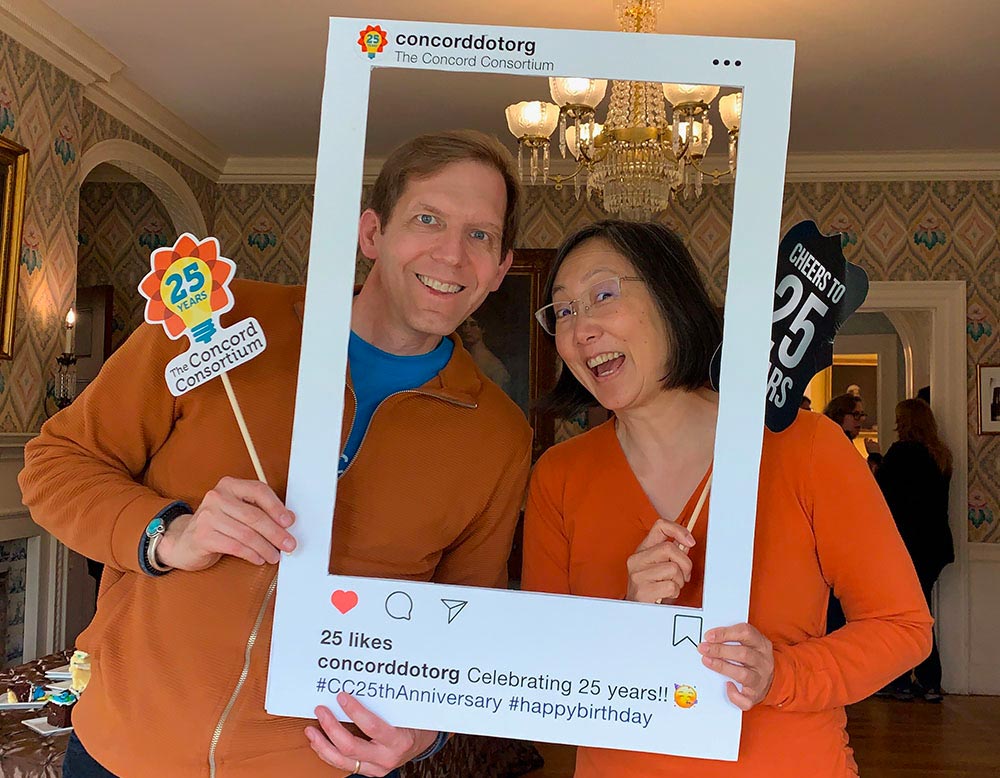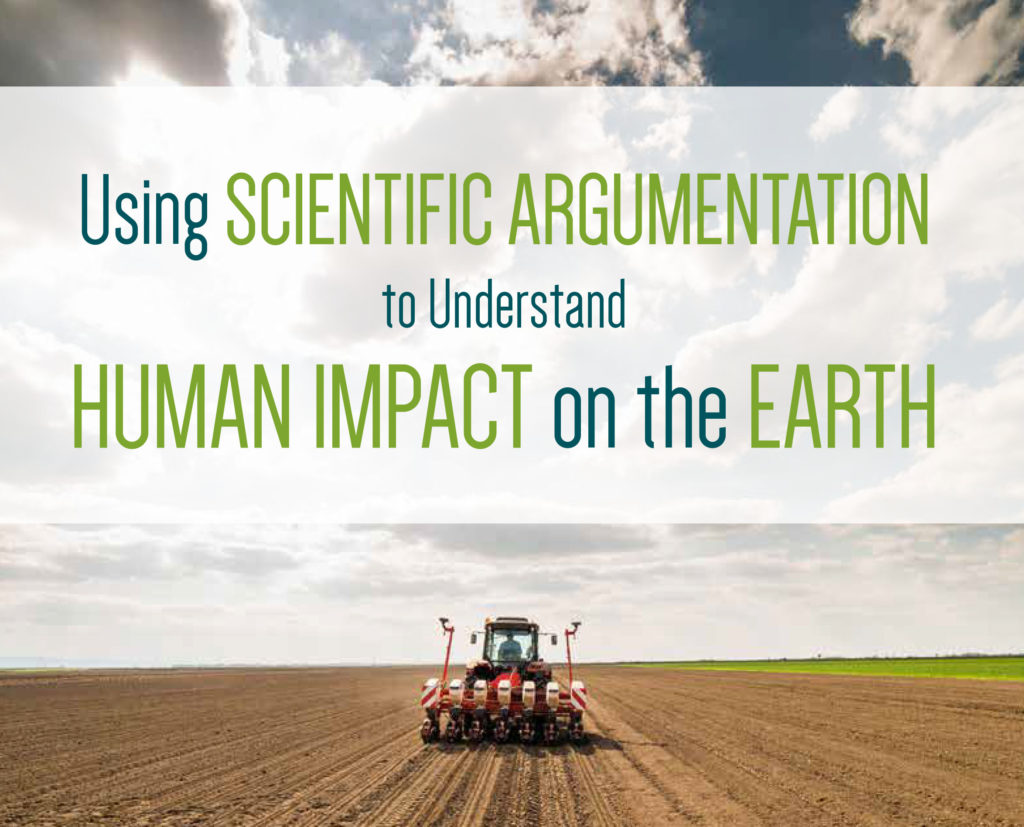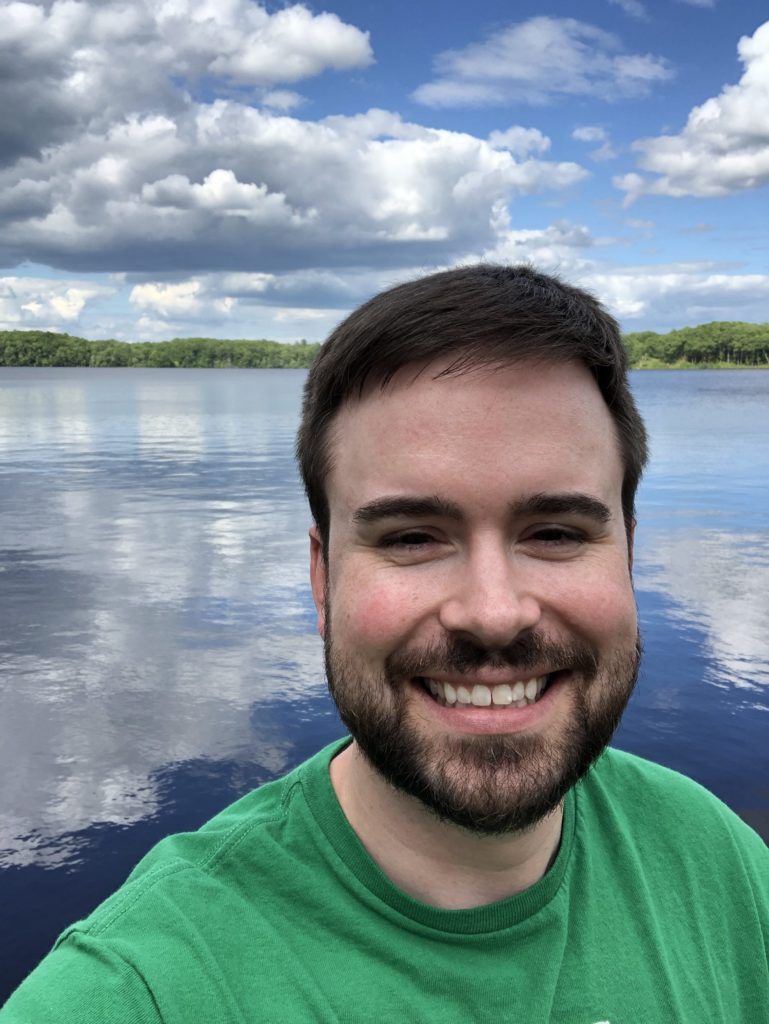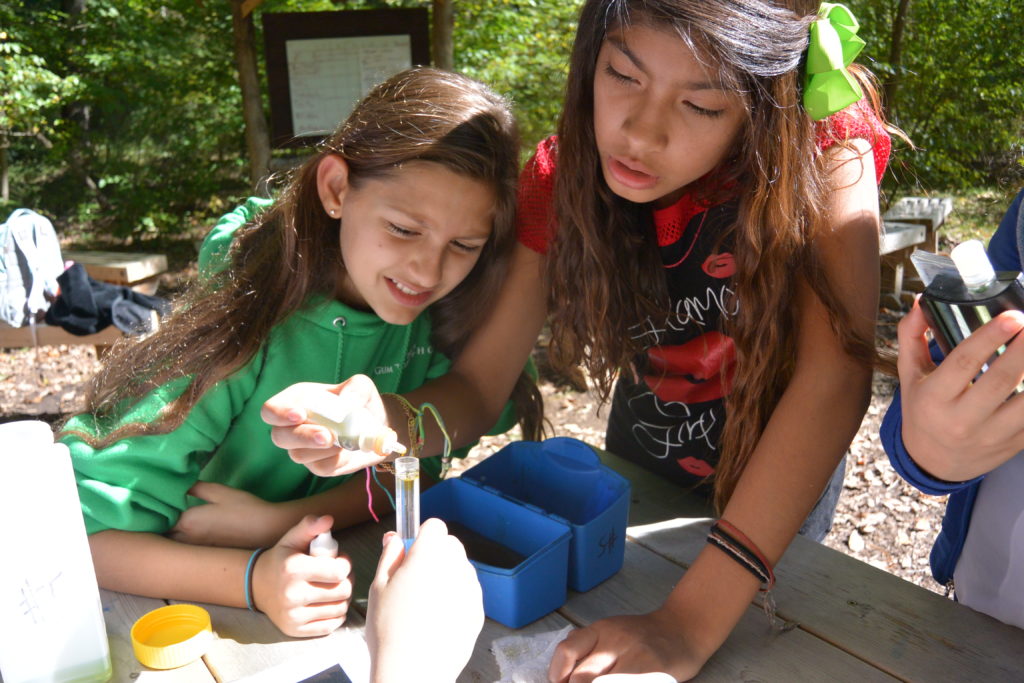Category: Engineering & Science Connections
On May 10, 2025, the National Science Foundation (NSF) celebrates 75 years of empowering discovery, innovation, and learning. For generations, NSF has supported the ideas and people that have shaped STEM education, research, and opportunity in America. But this milestone is more than a celebration—it’s also a moment for reflection. The gains we’ve made through […]
The WATERS (Watershed Awareness using Technology and Environmental Research for Sustainability) project recently ended with a Master Teacher Workshop at our Concord office for selected teachers who participated in the National Science Foundation (NSF)-funded research with excellence and enthusiasm. The goal of the workshop was to exchange best practices for teaching the now freely available, […]
We published nine articles in researcher and teacher practitioner journals and one book chapter in 2021 that showcase innovations in STEM teaching and learning through technology. Learn how to design curricular materials that leverage digital tools for system modeling (#2), how to ensure powerful data learning experiences for all learners (#6), how to operationalize and […]
Over 100,00 miles of rivers and streams crisscross the state of Oregon, and it boasts more federally designated Wild and Scenic segments of river than anywhere else in the country. Water practically outlines the state with the Pacific Ocean on the west, the Columbia River defining much of the northern boundary with Washington, and the […]
This year we published a dozen articles in researcher and teacher practitioner journals that showcase the state of the field in STEM educational technology in 2020. Learn what students with low and high spatial skills notice in computer visualizations of plate tectonics (#2), how students can experience authentic messy data exploration of meaningful questions (#10), […]
The year 2019 was a very special one for the Concord Consortium and we’re delighted to present the year in review with our top 10 news stories!
We’re making an impact with 12 publications in researcher and teacher practitioner journals that showcase the state of the field in STEM educational technology in 2019. Learn about a theoretical framework that positions students as data producers rather than merely data collectors (#10), automated text scoring and feedback in Earth science curriculum modules (#3, #12), […]
Craig Beaulieu has set a goal for this school year: to wear a different tie dye shirt every day. He’s on target so far. “As teachers, I feel that we teach in Neverland,” he says. “It is the adults that are getting older while all the children remain in the same age range.” He believes teaching helps him stay young at heart and live a fulfilled life. Wearing colorful shirts to school may help, too.
Thomas Troy’s dream vacation includes a trip to the Arctic “to witness rapid climate change,” but the best adventure he’s ever had was much closer to the equator. He and his family spent five weeks on a homestay in Costa Rica where they took classes to learn Spanish, which were “both rigorous and rewarding.” While his family “took advantage of opportunities to get to know as many Costa Ricans (or Ticos) as possible, such as local clerks, waiters, and teachers,” they also found time to go snorkeling, bird watching, and swimming.
Across the country, every minute of every day, water glasses are filled from a tap, toilets are flushed, laundry is washed, and bathtubs are filled. Where does this water come from? Where does it go? Who helps to ensure this water is safe? A new project funded by the National Science Foundation’s ITEST (Innovative Technology […]
